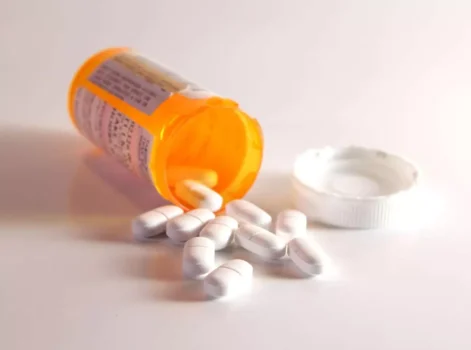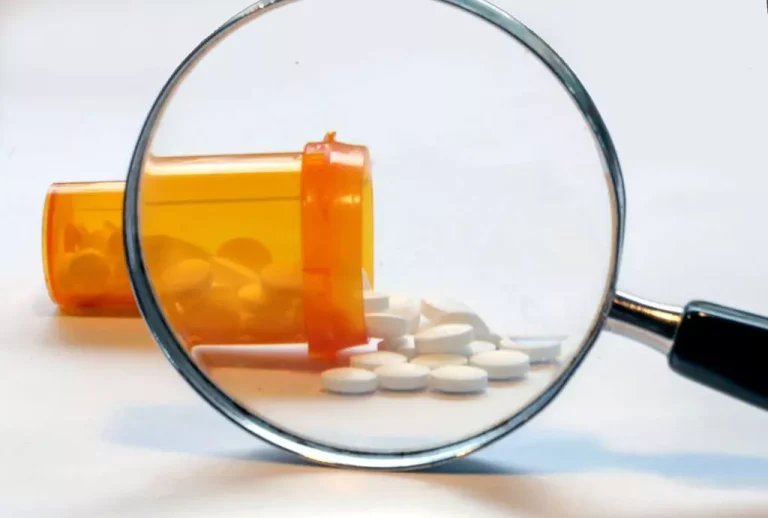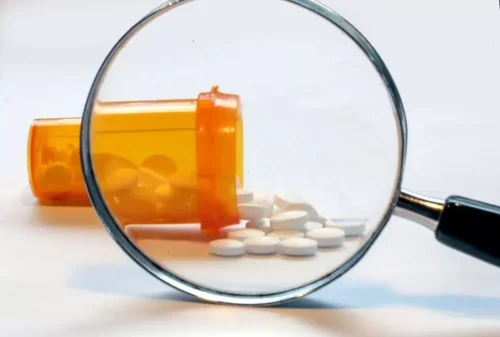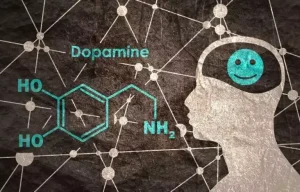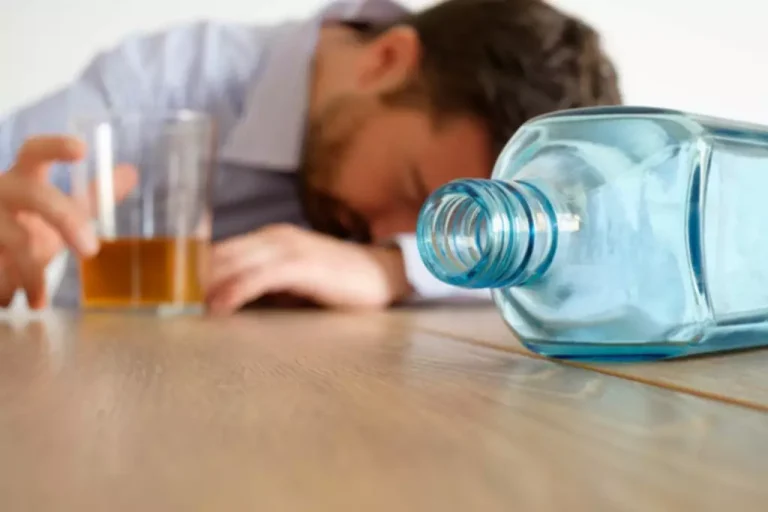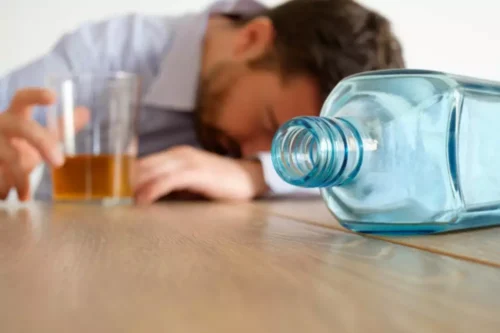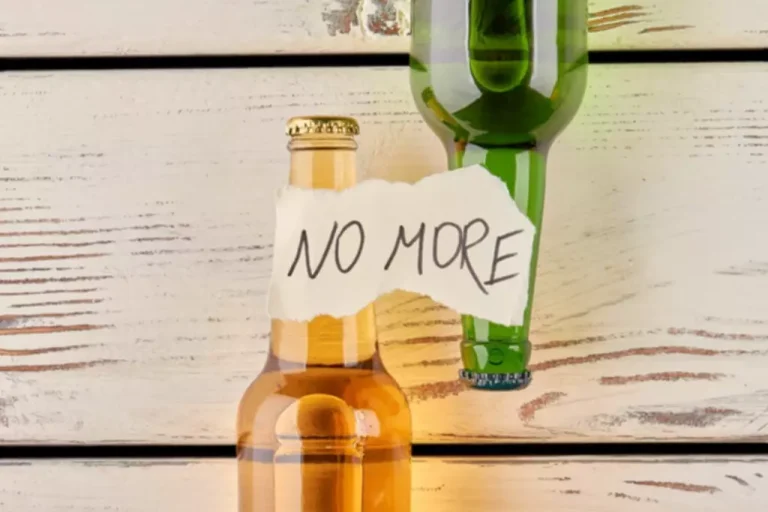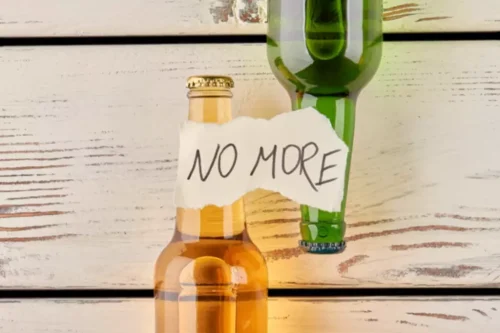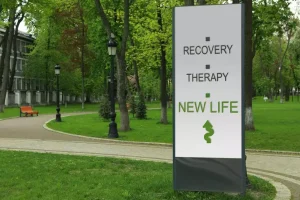
According to Alcoholics Anonymous, living amends occur when you decide to “live out” the changes you have agreed to in your recovery journey. These are long-term actions or steps you take to drug addiction treatment show you are completely committed to recovery. There is much for you to be proud of as you approach the three-quarter mark of your recovery steps, but these can feel like precarious steps.
Renewal Center for Ongoing Recovery
- We will lose interest in selfish things and gain interest in our fellows.
- In those cases, we can make amends in a broader sense by taking actions like donating money, volunteering our time or providing care.
- In Celebrate Recovery Step 8, we learned all about making a list of amends.
- An amend involves rectifying or making right what was wrong.
She came home to what she described as “a completely different house”. My living amends to my mother is to be fully present in my life so I can be fully present in hers. Living amends look different for everyone, depending on the specific negative behavior patterns you have identified while working the 12 Steps. Determining the most impactful living amends will require a great deal of honesty.

Take the Next Steps:
I hear this repeatedly when I talk to people, that what has resonated for so many years with people is the fact that Spock is an outsider and it’s okay and it’s cool. Actually, cool to be outside and my dad was speaking about this. In fact, at the commencement of Boston University in 2012, he was talking about the fact that Spock was the ultimate outsider much like my father was when he grew up in the West End of this city.
Celebrate Recovery Step 9 How to Make Amends and Forgive
And living amends definition Spock’s objective was how can he integrate with his human counterparts on the bridge and give the best that he had to offer. Cause you can see how the Enterprise just set pieces all over the soundstage and then there was Planet from Hell on stage nine. But it was great because one of the things that I really loved doing was trying to remember what scenes they were shooting at the time. Because I would wait for those episodes and go, Oh, yeah, I was there for that. It really felt, I really felt a part of the experience.
- I am not saying things like that are easy, they’re not.
- Living amends is a certain type of amends you make in addiction recovery.
- We have a lot of mantras like count to 10, restrain a pen and tongue, let go and let God.
- According to Alcoholics Anonymous, living amends occur when you decide to “live out” the changes you have agreed to in your recovery journey.
- Maybe you want to learn how to do Step 9 of AA, or you’ve heard of AA’s Step 9, but you do not know how to accomplish this step – whether in AA or CR.

Instead, you may need to engage in a dialogue with them over time. This may involve attending family therapy or individual therapy. You will need to demonstrate that you are committed to rebuilding trust and repairing your relationship with them. Your AA sponsor, therapist, or another trusted person can help you determine how best to address making amends. How you start these conversations depends on your relationship with the person you harmed and the circumstances in which you plan to make direct amends.
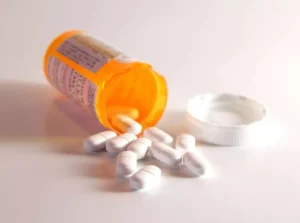
Comments on “Guilt and Grief: Making A Living Amends”
It is not a time to make excuses for our behavior instead, it’s an open door for the wronged person to express themselves. They get the opportunity to express how my actions affected them. Sometimes, you may not have the opportunity to make direct amends to the person you harmed. Perhaps the person is no longer living, or you no longer have contact with them and reestablishing contact would cause more harm. Sometimes, making direct amends with someone may lead to further harm. For example, https://ecosoberhouse.com/ if you are estranged from a loved one and they will not see you, your indirect amends may involve reflecting on and modifying the behaviors that led to the estrangement.
